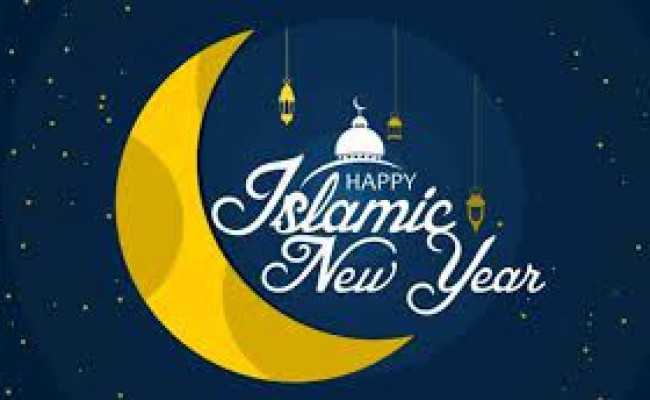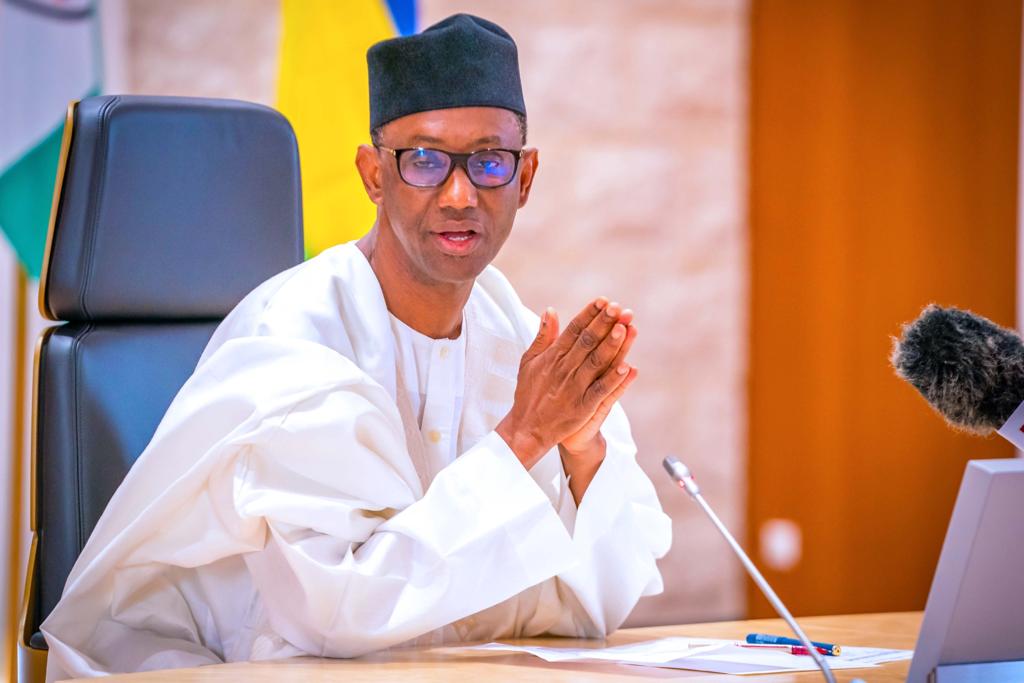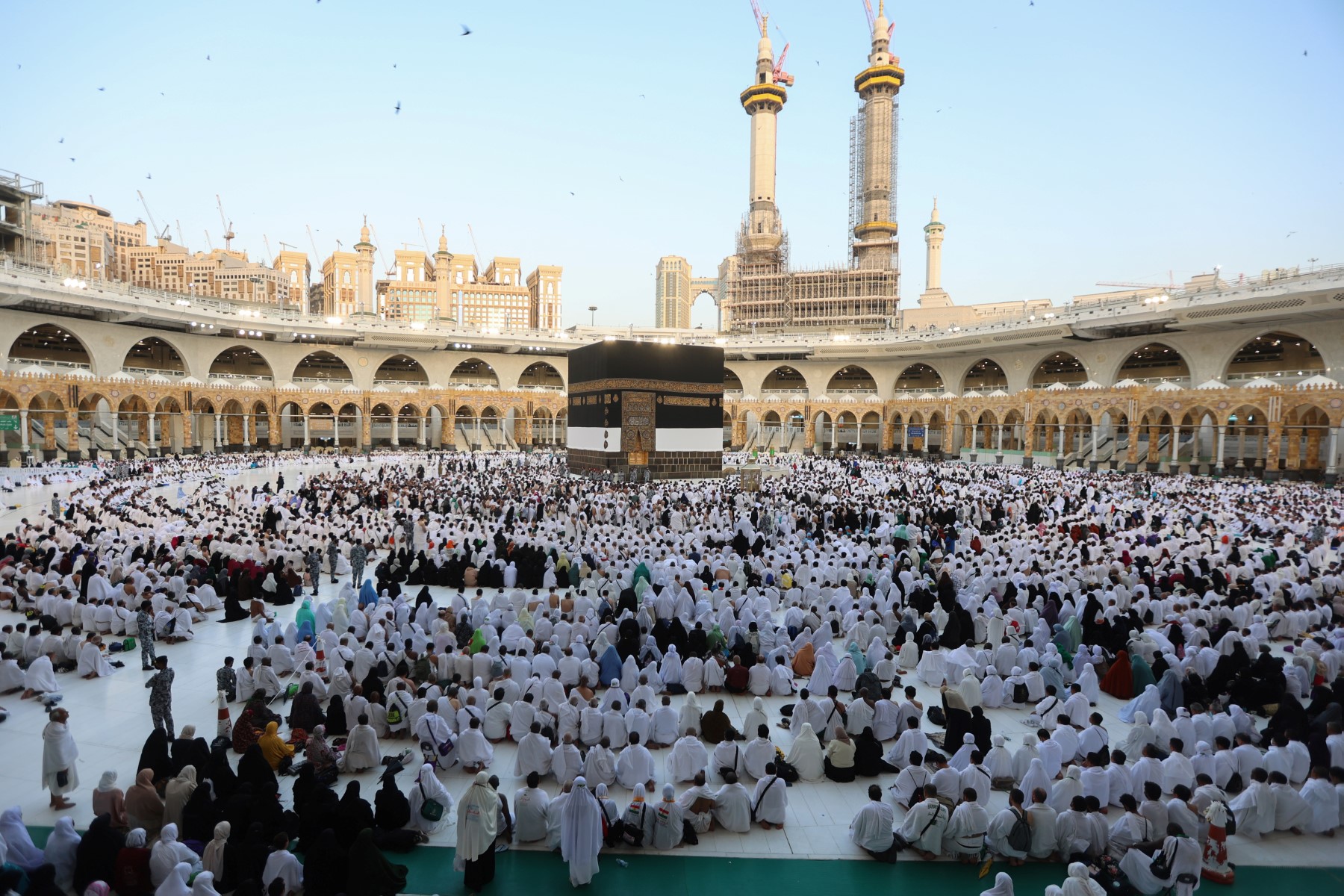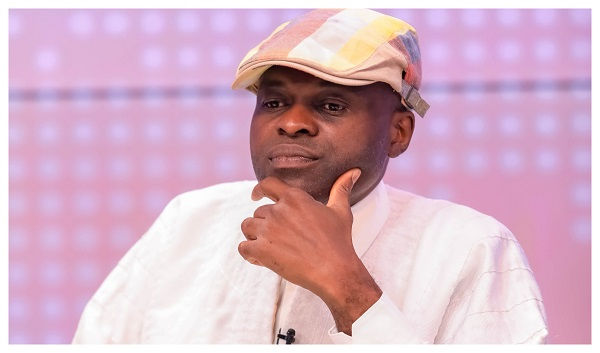Advocacy for Islamic New Year Public Holiday in Nigeria

Thursday, June 26, 2025, marked the official commencement of the new Hijrah year, 1447AH, as declared by the Sultan of Sokoto and President-General of the Nigerian Supreme Council for Islamic Affairs (NSCIA), Alhaji Muhammadu Sa’ad Abubakar. This declaration followed his earlier directive for Muslims in the country to sight the crescent of Muharram on Wednesday, June 25, 2025, which corresponded to the 29th day of Dhul Hijjah, the final month of the Muslim lunar calendar. The Sultan urged Muslims to re-dedicate themselves to the authentic teachings of Islam on this significant occasion.
The Hijrah, a pivotal event in Islamic history, refers to the Prophet Muhammad's (PBUH) migration from Makkah, his birthplace, to Madinah in 622 Christian Era (CE). This historic relocation laid the foundation for the Muslim calendar, which is based on lunar cycles and was formally introduced in 638 CE by Umar bn Al-Khattab, the second Caliph of Islam. The acronym ‘AH’ (After Hijrah) denotes the years in this calendar. While the Hijrah is a specific historical event, its annual commemoration encourages Muslims to view its lessons not as confined to the past, but as continually relevant to contemporary life, providing guidance for spiritual and societal renewal.
The event, described in the Qur'an only briefly (Q36:8, Q9:40), emphasizes its profound implications for humanity rather than mere narrative details. Spiritually, Hijrah signifies duty and sacrifice, an adventure rooted in forsaking worldly attachments to attain greater human and spiritual stature. It represents a departure from a space characterized by greed, covetousness, self-conceit, oppression, and corruption, analogous to the 'Makkahs' of today found in various aspects of society, from governance and finance to personal conduct. The Prophet’s act of ensuring the return of trusts to their owners, even his oppressors, before his departure, underscores Islam's timeless values of honesty and trustworthiness, even in adversity. The journey was not just a physical one but a spiritual migration from serving humanity to serving Allah, envisioning a global leadership that transcends ethnic and profane divisions toward religiosity and equality.
The arrival of the Prophet in Madinah signaled the establishment of an Islamic state and a social system founded on brotherhood, sisterhood, and faith over blood relations, where greed and selfishness found no space. While leading to the consolidation of faith and new identities, it also paradoxically marked the emergence of hypocrites, demonstrating that no human society is free from internal challenges. The Hijrah thus serves as a template for the emergence of new figures in history, through whose actions Islam has spread globally. The call for Muslims today is to embark on their own 'Hijrah' – migrating from unbelief to belief, greed to contentment, indecency to chastity, and from 'Makkahs' of corruption and injustice to a 'Madinah' where faith, chastity, and authority are held in trust for Allah.
On the national front in Nigeria, the beginning of the new Hijrah year served as a poignant moment for reflection amidst prevailing challenges. Many Nigerians have endured a rough and tough period marked by rising inflation, poverty, and unemployment. Corruption remains a significant scourge, and insecurity continues to worsen daily, pushing many into hopelessness. The past year has seen rampant killings by 'unknown' gunmen, conflicts in states like Benue and Plateau, and persistent banditry and kidnapping in the North West and North Central. Alarmingly, the Boko Haram insurgency, once thought to be defeated, shows signs of resurgence in the Northeast, with recent attacks on communities and military formations in Borno State.
Using the occasion of the new Hijrah year, various organizations and political figures reiterated calls for national renewal and government accountability. The Muslim Media Practitioners of Nigeria (MMPN) and Hon. Saidu Musa Abdullahi, Deputy Chairman of the House of Representatives Committee on Finance, specifically called on federal and state governments to declare Muharram 1 a public holiday, akin to January 1 for the Gregorian calendar, to ensure fairness and promote religious harmony. States like Niger, Borno, Kano, Katsina, Osun, Oyo, and Sokoto have already adopted this practice. The National Council of Muslim Youth Organisations (NACOMYO) in Oyo State appreciated Governor Seyi Makinde for declaring a holiday, highlighting his commitment to religious inclusivity. These groups urged leaders to prioritize addressing insecurity, which is the biggest threat to Nigerians' wellbeing, and to cease focusing predominantly on the 2027 general elections to the detriment of governance. They called for clear targets and deadlines for the military to end insecurity and implored Muslim scholars to foster understanding and social cohesion among citizens, urging them to abandon corruption, injustice, and greed in line with Islamic teachings.
Globally, there was a call for world leaders to condemn Israel’s aggression that ignited the Israel-Iran war, urging all parties to honor cease-fire agreements and prioritize peace over conflict. As Nigerians commemorate the New Hijrah Year 1447AH, the prevailing sentiment is a fervent prayer for peace, progress, and a collective resolve to overcome national misfortunes by embodying the true teachings of Islam, putting common national interests above personal concerns, and seeking divine intervention as Allah states in Qur’an 8:53 that He “will never change the grace which He has bestowed on a people until they change what is in their (own) souls.”











